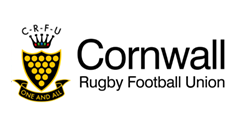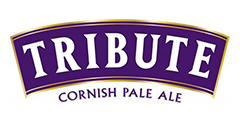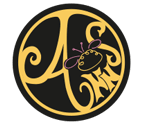One of the fiercest battles to liberate France in World War II was The Battle for Hill 112 fought on 10th July 1944. So many Cornishmen died there that it became known as Cornwall Hill and the wood at the top of it as Cornwall Wood.
Britain and its allied forces landed thousands of soldiers on the Normandy beaches and the British soldiers in the battle were the 5th Battalion Duke of Cornwall’s Light Infantry. They launched an attack on the German army’s 10th Panzer tank division, facing strong armour and powerful guns.
They fought off continuous counter attacks as German tanks rolled over the top of their trenches. Outnumbered and out-armoured, after 19 hours of fighting and big losses on both sides, the Cornish soldiers had smashed one of the German army’s best tank divisions.
Many of those soldiers were from Cornish rugby clubs and recently representatives of 19 clubs from the county, veteran rugby players representing Bolingey Barbarians, paid their respects at the place where many brave Cornishmen died.
Bolingey Barabrians raise much needed funds
Bolingey Barbarians was formed in March 1993 after a match between the Bolingey Inn and Perranporth RFC to raise money for children’s charities. Registered with Cornwall RFU, playing is by invitation and mainly selected from Cornish clubs with matches hosted at Perranporth RFC, except for away invitations, usually celebrating anniversary landmarks of Cornish Clubs. With the advent of the league system, Bolingey players became exclusively veterans who play five to six matches a season raising funds for the less fortunate children in Cornwall.
They enter their 30th season having invited over 500 proud Barbarians to play and benefitted 84 worthy causes by donating £148,791.86. They arrange a bi-annual visit to France, now totalling 12 tours since 1998, a venerable few having never missed one. The final part of this season was the long overdue tour to Le Havre. Five years in the making and enjoyed by 51 tourists from 19 different Cornish RFCs, the trip included an emotional visit to the D Day landings and Cornwall Hill.
Paying respects at monument
Said Bolingey Chairman Roger Mead: “It was especially poignant for us as proud Cornishmen to visit Hill 112, the site of a most ferocious battle in which the 5th Duke of Cornwall’s Light Infantry fought up to the limits of human endurance. From 8.30 p.m. on 10th July to about 3.30 pm on the 11th of July the Battalion was subjected to heavy and almost continuous fire. It had fought off at least 12 counter attacks and lived through a night in which German tanks ranged freely, often driving over the shallow weapon pits in which the Cornishmen crouched.
“It was reckoned that the four rifle companies and battalion tac HQ crossed the start line with some 380 officers and men. The fighting strength of the Battalion that withdrew 19 hours later was just 60. The battalion had suffered 320 casualties, with 91 men buried on the hill itself. Only one man was captured by the Germans to become a POW. To this day Hill 112 is known not only to the Regiment but to the men and women of the surrounding villages as Cornwall Hill and a permanent memorial was erected and replaced the original hastily erected plaque.
“Our whole party paid their respects, gathering in front of the monument to lay wreaths on behalf of Bolingey Barbarians and the Cornwall RFU. A similar memorial exists on Rough Tor on Bodmin Moor, Cornwall.”
Bolingey’s history and forthcoming matches can be found at www.bolingey-barbarians.co.uk















